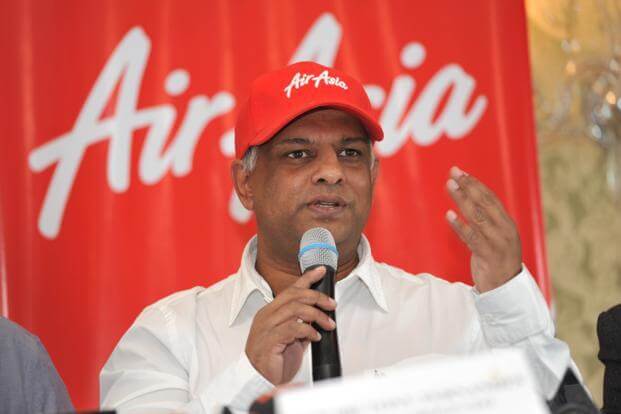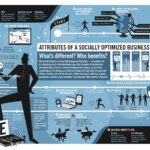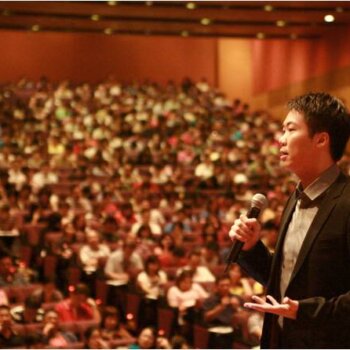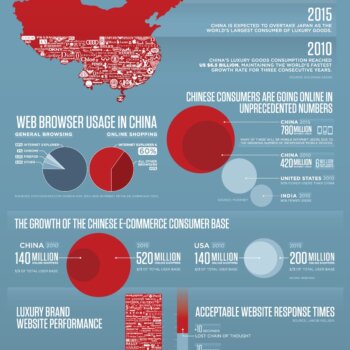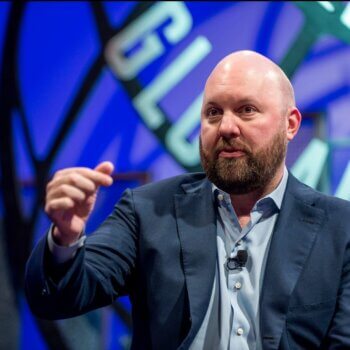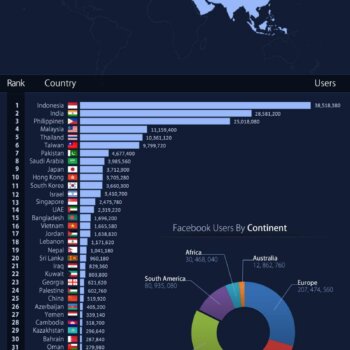Something that ought not to be missed. In the Business901 Podcast last week, Joe asked Sarah Lewis, who is the Managing Director of Appreciating Change, a psychological change consultancy the following question that is relevant for many startups:
Joe: If you had three pieces of advice for leaders for achieving fast, effective, sustainable change what would they be?
Sarah: I think one would be you don’t have to do it all alone. Draw on the collective intelligence of your organization. They want to survive as much as you do, they want to help. There may be some issues in the way they’ve been treated in the past but it’s as important to them as it is to you that this organization continues to do well. One would be don’t feel you have to do it all alone. The second would be, humans have evolved in such a way that they need more carrot than stick to be at their best. Because we over?weigh negative things and under?weigh positive things, we actually need three times as many good experiences as negative experiences to start to enter the enchanted place of creativity, connectivity, generativity, synchronicity and all the good things that help organizations to move much faster and much more efficiently.
Yes, you need to obviously keep a minimum line on things. But what most organizations need a lot more of is the good stuff pumped into them, so that positivity thing.
I think the third piece of advice, which is a much more generic one, is it’s becoming increasingly clear that the leaders who are able to have the most positive impact in their organizations, whatever their style may be, the key thing is this thing about authentic leadership. Part of authentic leadership is being open and transparent in ?? that’s the other thing ?? a managed way.
I remember some of the London Business School people said that after all their analysis, the art of leadership boiled downed to five words, which was, “Be yourself more with skill.” All of those words are important.
So things like doing difficult things and asking for forgiveness, being humble about the fact that this is not doing it on your own. Everybody here has contributed to what we’ve achieved this year. Those old?fashioned in a way is being grateful.
Everybody who comes to your organization helps to create it, does something that moves it forward. There’s something about allowing that side of yourself to come through to people, because people do respond and emotions are very contagious, virtuous circles.
If we see people being heroic, we’re more inclined to be a little bit more heroic ourselves the next time the opportunity arises. If someone is helpful, we see someone being helpful or someone is helpful to us, we’re more likely to do it to somebody else.
You can set off these virtuous circles of very positive interactions, which just have not escalating, but the virtuous circle gets bigger and bigger benefits in terms of performance and productivity in the end.”
an excerpt from the Business901 podcast. see more.